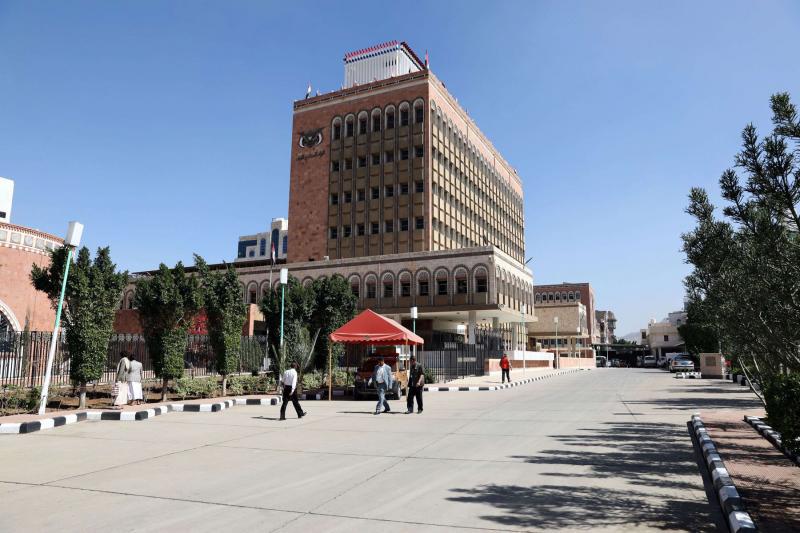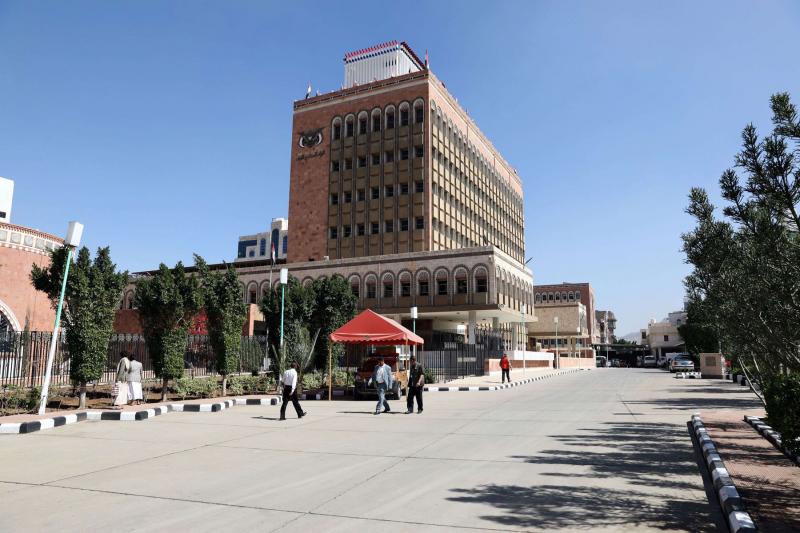Peace is difficult to reach in Yemen but not impossible
It’s been five years and Yemenis continue to pay an exorbitant war tribute and there is no sign the warring parties desire to end hostilities except through a decisive military victory. So, where is the blockage, for God’s sake?
It is no secret that many of those involved in the war decided to settle outside Yemen with their families. At the same time, those in control in the country are interested only in consolidating their positions and eliminating the competition.
This is a reality no one can dispute.
The second unfortunate reality is that the war has produced economic interest groups that have grown to abnormal proportions of power and wealth in the absence of oversight or accountability and have eroded the central state’s authority. It is common knowledge that those who benefit most from the continuation of the war are those who will feed the conflicts and place obstacles to peace.
The solution in Yemen depends on the wishes of two individuals: Yemeni President Abd Rabbo Mansour Hadi and Abdelmalik al-Huthi, the leader of the Huthi rebel group. Among the Huthis, decision making is only within the hands of the leader because the culture is based on absolute obedience.
Forget the institutions, parties, personalities or coalitions. The problem is that Hadi and the Huthis have opposite visions for Yemen.
The first seems to have convinced himself that his destiny is to remain abroad with his family. For many reasons, he has put to rest the idea of returning to Yemen.
The Huthis seem to be living in a situation in which politics and religious extremism, as well as public and private interests, are intertwined. They have alliances with external forces and have pegged the group’s interests to the regional interests of those forces, ignoring Yemen’s interests.
They are different from Hadi’s camp in that they can impose strict discipline among their ranks and associates, which allows them to enforce their decisions and redirect their political path when necessary.
There are several aspects that make a solution to the Yemeni dilemma difficult to achieve. The first scenario is to leave things as they are, with the “legitimacy” camp controlling parts of the country and the Huthis controlling the rest.
The problem with this solution is that it makes the daily lives of all Yemenis hostage to a struggle for power -- and not a struggle for Yemen and its future -- and will exacerbate the human tragedy that afflicts millions.
In areas under control of the “legitimacy” camp, many forces vie for power and control, which complicates the process of reaching a unified position that can crystallise an inclusive vision of the solution. The Huthis camp also suffers from divisions and being dependent on Iran's decisions.
The second scenario is premised on the notion that Hadi and al-Huthi are the real cause of the war and that what is happening in Yemen is a struggle for power, not for Yemen.
In this case, I do not expect either of them will extend his hand unconditionally to the other for the sake of Yemen. Hadi lacks a popular base that would support him in such an event and al-Huthi’s influence is limited to the armed forces under his control in part of his sect and the sectarian-geographic space he controls.
A third aspect of the crisis is that the ongoing war has produced a discourse that buttresses sectarian and regional divisions. What unites most Yemenis is their common condition of poverty, hunger and disease, a situation that will not be easy to overcome quickly and which will be worsened by the continuation of the war.
The fourth aspect lies in that external interventions have produced interests that benefit from the outcomes of the war they fought, which makes the idea of a “Yemeni decision” impossible to achieve without consent of external partners.
The fifth aspect is that the long war has produced armed groups in all areas under control of the “legitimacy” camp, such as the so-called Republican Guard led by Tariq Saleh. Although these groups claim to work for the common project of “restoring the state,” they were formed outside the framework of the legitimate government.
The Southern Transitional Council (STC) remains outside the state institutions and has gained control of a large area inside the “legitimacy” camp. Its existence was linked to the killing of former President Ali Abdullah Saleh, which gives a strong impression that its purpose is to take revenge on a former partner and not to pressure everyone to end the war on political terms. Moreover, the STC does not recognise Hadi‘s legitimacy.
The reality remains that most Yemeni are not satisfied with either camp or with the alternatives. All political forces on the scene are looking to form alliances willing to take a different path from the current one, a path whose goal is to end the war.
Such a goal seems unrealistic considering the polarisation in Yemen and the financing of the standoff and of a narrative that focuses on discord and calls for the perpetuation of war.
Peace in Yemen will not be easy to achieve but it is not impossible, either. The search for change in the positions of either camp in the conflict is useless for the moment. What would be useful would be for them to stop the war, allow the return of the displaced and restore institutional work in the country so normal life could gradually return to Yemen.
This is not an option but a necessity because there are no opportunities left for the Yemenis besides those that have been wasted.
This article was originally published in The Arab Weekly.







